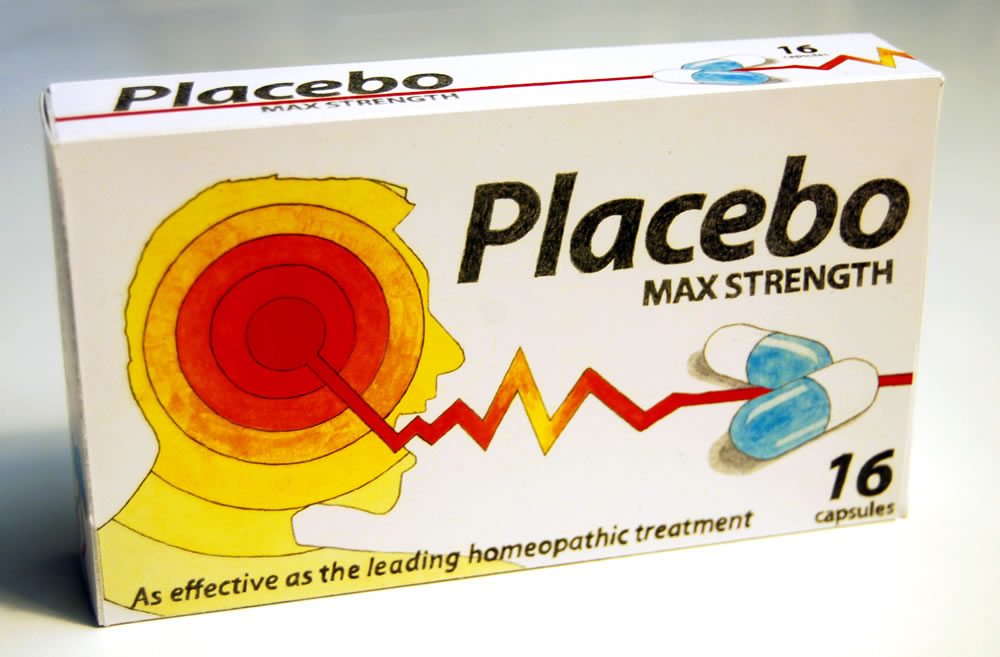Results for: kaptchuk

Spin City: Using placebos to evaluate objective and subjective responses in asthma
As I type this, I’m on an airplane flying home from The Amazing Meeting 9 in Las Vegas. Sadly, I couldn’t stay for Sunday; my day job calls as I’ll be hosting a visiting professor. However, I can say—and with considerable justification, I believe—that out little portion of TAM mirrored the bigger picture in that it was a big success. Attendance at...
The Hazards of “CAM”-Pandering
Steven Salzberg, a friend of this blog and Director of the Center for Bioinformatics and Computational Biology at the University of Maryland, is on the editorial boards of three of the many journals published by BioMed Central (BMC), an important source of open-access, peer-reviewed biomedical reports. He is disturbed by the presence of two other journals under the BMC umbrella: Chinese Medicine...

Asian Bear Bile Remedies: Traditional Medicine or Barbarism?
Imagine living 20 years spending 24 hours a day in a cage that tightly fits your body, not giving you room to stand up, stretch out, turn around, or move at all. Imagine that twice a day during these years you would have a metal catheter inserted into a hole which has been cut into your abdomen, allowing the catheter to easily...

Placebo effects without deception? Well, not exactly…
In discussing “alternative” medicine it’s impossible not to discuss, at least briefly, placebo effects. Indeed, one of the most common complaints we at SBM voice about clinical trials of alternative medicine is the lack of adequate controls — meaning adequate controls for placebo and nonspecific effects. Just type “acupuncture” in the search box in the upper left hand corner of the blog...
Tai chi and fibromyalgia in the New England Journal of Medicine: An “alternative” frame succeeds
It never seems to fail. I go away for a few days, in this case to combine fun with pleasure and pleasure with fun by giving a talk to the Chicago Skeptics and at the same time meeting my brand new (well, by this time three weeks old) nephew for the first time, and something always happens. Before I get to what...
Harvard Medical School: Veritas for Sale (Part VI)
Loose Ends: Dr. Koh and More After Dr. Federman’s letter and my reply, posted in Part V of this series,† there seemed little point in pursuing the matter further. Although Dr. Federman never answered my reply, he did send, at my request, a copy of Commissioner of Public Health Howard Koh‘s written “construction of the events in the Massachusetts Special Commission.” As you may recall, those events...
Harvard Medical School: Veritas for Sale (Part V)
September 26, 2002 Kimball Atwood, M.D. xxxxxxxxxxxxxxx xxxxxxxxxxxxxxxxx Dear Kim, I have now had time to look into the allegations in your letter of June 14th which, incidentally, I shared with Dr. David Eisenberg and he with several others. I have sought consultation about our exchanges and the gist of my response follows. Some of your concerns and allegations are very helpful and...
The Dull-Man Law
Kimball Atwood is obviously trying to throw mud at Harvard and at homeopathy, but when you throw mud, you get dirty… (Sigh) So little time, so much misinformation. Hence the Dull-Man Law: In any discussion involving science or medicine, being Dana Ullman loses you the argument immediately…and gets you laughed out of the room. This will be the last time that I...
Harvard Medical School: Veritas for Sale (Part IV)
HMS Puts the Messenger in its Crosshairs When, during the fall and winter of 2001-02 I first approached Dean Daniel Federman of the Harvard Medical School (HMS) with evidence that the HMS “CAM” program was promoting pseudomedicine, I gave him some materials that I thought would be adequate to make the case: ‘CAM’ Director David Eisenberg’s dubious funding sources and his failure to...
Harvard Medical School: Veritas for Sale (Part III)
In Parts I and II of this series* we saw that from 2000 to 2002, key members of the Harvard Medical School “CAM” program, including the Director, had promoted quackery to the legislature of the Commonwealth of Massachusetts. We also saw other explicit or tacit promotions by Harvard institutions and professors, and embarrassing examples of such promotions on InteliHealth, a consumer health...

